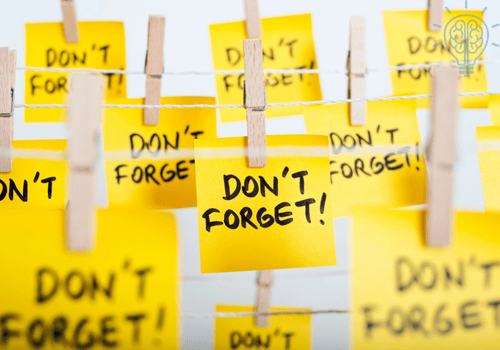Why Some Kids Struggle with Organization
Do you feel like your child is constantly losing things—homework, jackets, lunch boxes, even their shoes? Does their backpack look like a disaster zone? Do they struggle to keep track of assignments, deadlines, and daily responsibilities?
It’s easy to assume they just need to “try harder” to stay organized, but for many kids, organization is a skill they haven’t yet developed. In reality, disorganization is often a sign of executive function challenges—not laziness or a lack of effort.
The good news? With the right strategies and support, your child can learn to be organized and develop lifelong habits that make life easier for both of you.
Reframing the Problem: It’s Not Just Messiness
Parents often say, “My child is just messy,” or “They don’t care about being organized.” But disorganization isn’t a personality trait—it’s a sign that executive function skills like planning, working memory, and cognitive flexibility need support.
Instead of asking, “Why won’t they just put things where they belong?”, try asking:
- ✅ Do they know how to create and maintain an organization system?
- ✅ Can they visualize where things should go?
- ✅ Do they have a mental “map” for tracking their belongings and tasks?
These questions shift the focus from frustration to solutions.
The Executive Function Behind Organization
Organization isn’t just about cleaning up. It requires several executive function skills to work together:
1. Working Memory (Keeping Track of Information in Real Time)
Kids who struggle with working memory have trouble holding multiple pieces of information in their mind at once. This makes it hard to remember where things go, track assignments, or plan ahead.
🧠 Why It Happens:
- They forget where they put things moments after setting them down.
- They struggle to track assignments or deadlines.
- They lose focus halfway through organizing and leave tasks unfinished.
📌 How to Help:
- Use visual labels—clear bins, color-coded folders, and checklists.
- Create a “home” for everything: “Backpack goes on the hook by the door.”
- Use a planner or digital reminders to keep track of tasks.
2. Planning and Prioritization (Knowing What to Do First)
Some kids don’t struggle with finding things—they struggle with structuring their time and space effectively.
📅 Why It Happens:
- They don’t know where to start when organizing a messy space.
- They can’t decide what’s most important to do first.
- They forget to plan ahead, leading to last-minute chaos.
📌 How to Help:
- Use step-by-step organization plans (e.g., “First, sort your papers into keep/toss piles”).
- Break big tasks into smaller steps (“Put all dirty clothes in the laundry, then clear off your desk”).
- Teach backward planning: Start with the deadline, then map out steps backward.
3. Cognitive Flexibility (Adjusting to Change and New Routines)
Some kids resist organizational systems because they struggle with change. They may get stuck in old habits or feel overwhelmed when routines shift.
🔄 Why It Happens:
- They rely on chaotic systems because they’re familiar.
- They get frustrated when a system doesn’t work the first time.
- They struggle to adjust when routines change.
📌 How to Help:
- Involve them in the process: Let them choose their organization system.
- Introduce changes slowly: One new habit at a time.
- Model flexibility: Show that it’s okay to adjust systems that aren’t working.
Practical Strategies for Parents
1. Create Simple, Sustainable Systems
Instead of elaborate organization methods, focus on low-maintenance systems:
- ✅ Clear bins instead of deep drawers.
- ✅ Color-coded folders for different subjects.
- ✅ A “launch pad” by the door for daily essentials (backpack, keys, shoes).
2. Use External Cues Instead of Memory
Reduce reliance on their memory by using:
- ✅ Checklists for daily routines.
- ✅ A whiteboard calendar with assignments and deadlines.
- ✅ Reminders on their phone or smart speaker.
3. Make Organization a Daily Habit
Help them build consistent routines:
- ✅ 5-minute cleanup before bed.
- ✅ Weekly backpack check to clear out clutter.
- ✅ Homework station that stays the same every day.
A Gentle Next Step: Coaching Can Help
If you’ve tried these strategies and your child still struggles, executive function coaching can help. We provide personalized strategies to help kids build organization, planning, and time management skills.
📞 Want to learn more? Contact us today for a free discovery call—we’re here to help your child thrive.




